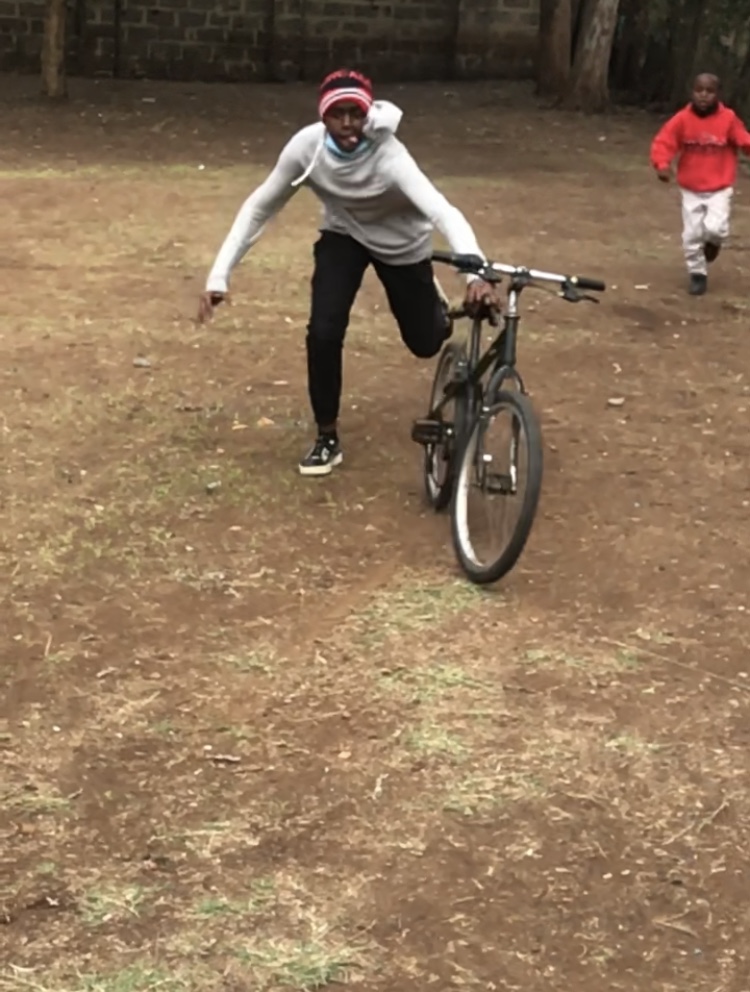
As a good member of society, equipping teenagers against anti-social groups should be your ready strategy to preserve moral values. It’s a kind of call to action to eliminate any behaviors that can compromise the best codes of community existence. Most probably, teenagers are like the common spots of such anti-social recruitment.
With our best eyes on these future leaders, we need to arm them with vital knowledge, skills, and precautionary measures against anti-social groups.
There may be many approaches to equipping teenagers against anti-social groups. However, here we give weight to the basic ways to prepare our teenagers to avoid such crime-devout groups.
Follow the six main ways you can use to equip teenagers.
1. Using A Firm “No!”
“No” sounds harsh when somebody speaks it out to you. But, believe me, it’s just what can be best for equipping teenagers against anti-social groups. One of the standard rules of the “Good Book” highlights this as important: “Let your no be no!”
Likewise, let your teenager learn the power of saying “No”. And not just for the sake of it, but to build people that are firm and stand for their no. The important lesson is to let them understand the power they have against anti-social groups.
2. Open Communication
You can’t expect your teenager to know how to avoid the crime group unless you frequently talk about things. Being free and open to them makes us understand them better, and even know what they’re going through.
It might be funny to say that some parents hardly know whom their teenage children associate with. And this may continue until they receive a report from the community about them. However, they fail to understand that they’ve failed in this – open communication.
Equipping teenagers against anti-social groups will need the whole community to understand and work on open communication with them. Letting them speak may make you know who they’re associating with and can stop any danger in time.

3. Suggest Ways Out
Listening to your teenagers means lending help. If they don’t get assistance from you, they might turn to their evil friends for it. But when you grab their interest and embrace open communication, it’s easy to suggest ways out to their challenges. You’ll win them and eventually, they’ll appreciate the suggestions for ways out of the seducing anti-social groups.
With sober advice, you can suggest how they can avoid any bad peers and drive for the best behavior.
4. Build Confidence with The Teenagers
Confidence complements the attitude of saying “No”. Mastering the ability to speak against anti-social groups and encouraging sound-mind principles makes teenagers better socially. This is the chapter of confidence building that your teenage children may adopt for equipping them against anti-social groups.

As a responsible member of your community, the greatest tool you use to equip your teenagers is confidence molding. Once they’re confident, they can do many things, including stopping the influences of the bad groups.
5. Understand and Advise On Social Networks
Currently, many people that are chatting through and exploring social networks are teenagers. And those are the same groups that absorb a lot of behavior from social media.
Equipping them against the anti-social groups will require any parent or guardian to understand the platforms they use. Not only that, but after knowing those platforms, you’ll need to advise on healthy content to follow.
Alerting teenagers on the social ills and behaviors captured from the bad groups gets them aware and cautious. This way, they’ll be better off avoiding such platforms.
6. Engage The Teenagers In Developmental Initiatives
The aim of keeping your teenagers busy with developmental activities is to eliminate any room for idleness. An idle teenager will probably land in an anti-social group. But if you shall commit them, they will simply evade the spot of crime groups.
All the stakeholders of society, including you, should come together to corporate in developing the best of a teenager. And bringing up developmental programs is a perfect way!
Bottom Line
The teenage period is a stage that marks a tremendous change from a childhood mindset to an adulthood mindset. Teenagers are likely figuring out how to be adults like you are. In that process, they are likely to get recruited by anti-social groups. But equipping them with these strategies for avoiding anti-social groups will bring them to a responsible adult.
You may have a long fight to understand teenagers but it doesn’t have to be difficult to show the way.
Always stay on our blog channel for more information about our lives and behaviors in society!




